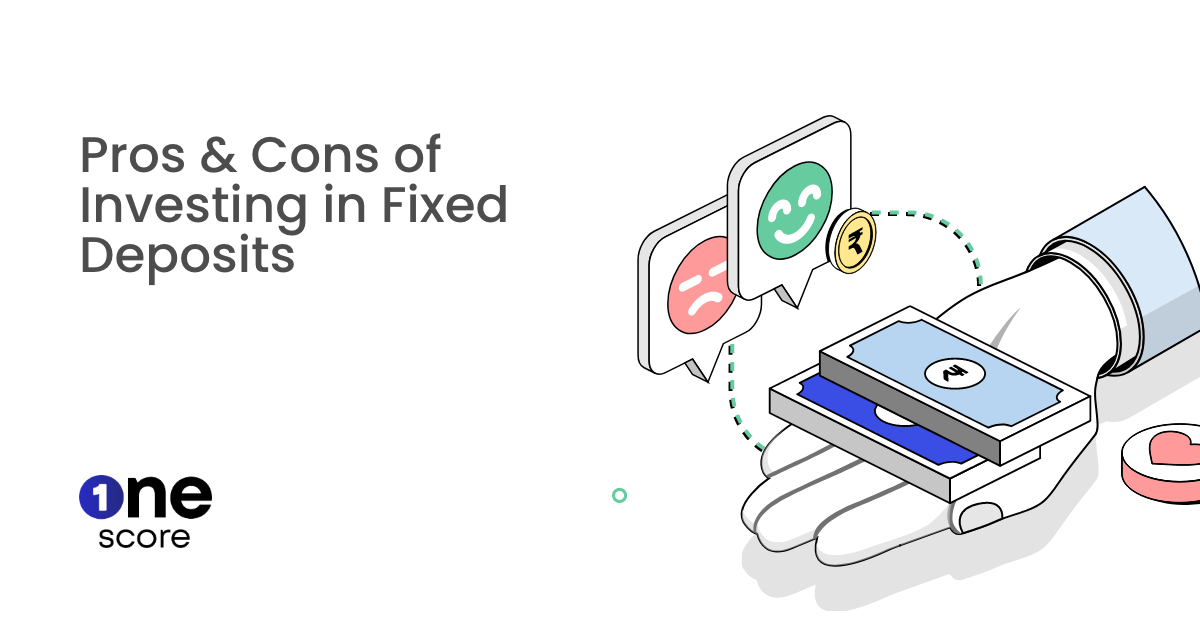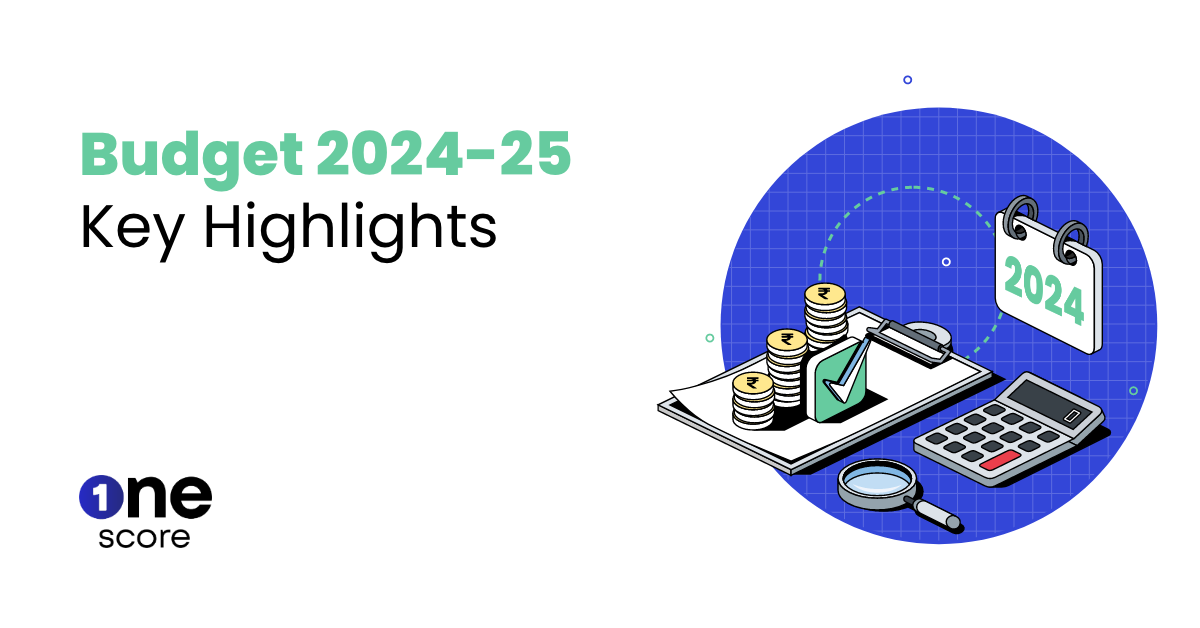How To Stop Inflation From Affecting Your Savings and Investments

Inflation is an inevitable part of a growing economy, with prices of essential commodities rising over time. However, just as India has shown resilience and recovery in the face of inflation, there are always opportunities to regain stability and growth.
When prices rise, the value of money falls, which affects not only your everyday expenses but also your long-term financial decisions too. That is why it becomes important for you to know how inflation can impact your financial future and what you can do to shield yourself from its impacts. In this article we will explain how inflation impacts your savings and investments and what measures you can take.
Understanding Inflation
Simply put, inflation is an overall increase in the prices of goods and services over a period of time. For example, a newspaper, which cost a few rupees a few years back, is now priced at five rupees due to inflation. Some of the causes of Inflation are excess demand in relation to supply, deficit financing, hoarding, black marketing, etc. Excessive level of inflation hampers the growth of an economy.
ALSO READ: What is SIP? How do I invest in a SIP?
The Impact of Inflation on Savings
Your savings are money you set aside for a financial safety net. However, inflation slowly eats away at the value of your savings. Banks often give savings that yield a lower or negligible return compared to the inflation rate.
In July 2024, India’s annual consumer inflation rate was 3.54%. This means that while your savings account balance increased by 4%, the prices of goods and services you buy increased by 3.54%. In real terms, your money only gained 0.46% in value. While you may see your bank account balance increasing, its purchasing power is not increasing proportionally.
Inflation and Fixed-Income Investments
Fixed-income investments such as bonds and fixed deposits (FDs) are generally considered safe. However, inflation also poses a hidden risk to such investments. This is because these instruments provide a fixed return over time. For instance, if you had invested in a bond that offered a 7% return but inflation rose to 8%, your real return would now be negative, i.e., you would actually lose purchasing power despite earning interest.
It is of prime importance to compare the income you get from fixed-income investments with the current inflation rate. If the inflation rate is higher than your return, then you have to reconsider your investment process. One of the many benefits of investing in different assets is that it helps provide a hedge against inflation.
The Effect of Inflation on Stock Market Investments
Inflation can impact stock market investments in different ways, but shares can be a good way to protect against it. When inflation rises, companies can often increase their prices, which can lead to higher revenues and profits. However, inflation can also increase business costs, like wages and raw materials, which may reduce profits.
Investing in companies that can maintain their profit margins during inflation is key. For example, tech or consumer product companies are often better at passing on higher costs to customers. On the other hand, if a manufacturer faces higher raw material costs but can’t raise prices, it could hurt their profits. Choosing the right companies to invest in can help protect your wealth from inflation.
Adjusting Your Investment Strategy
To safeguard your savings and investments against inflation, diversify your portfolio. Do not rely solely on one option. Instead, consider a combination of equities, fixed-income securities, real estate, and commodities. This approach helps manage risk and reward while providing a shield against inflation.
Monitoring inflation trends and adjusting investment strategies accordingly is crucial. If you anticipate higher inflation, shift a larger portion of your investments into assets like stocks or real estate, which tend to perform well during inflationary periods. Conversely, in times of low inflation, better returns may come from bonds and fixed-income investments.
ALSO READ: All You Need to Know Before Investing in Fixed Deposits
Inflation, therefore, stands as a significant economic factor. While you can’t prevent inflation, take steps to protect your savings and investments. By understanding inflation’s impact on various investments, make informed decisions to secure your financial future. Staying updated, diversifying investments, and adapting strategies when necessary are vital. Remember, your money should be working for you, not the other way around.
**Disclaimer: The information provided on this webpage does not, and is not intended to, constitute any kind of advice; instead, all the information available here is for general informational purposes only. FPL Consumer Services Private Limited and the author shall not be responsible for any direct/indirect/damages/loss incurred by the reader in making any decision based on the contents and information. Please consult your advisor before making any decision.


Real Estate Investment in India: Where to Begin and How to Flourish



Protect Your Family’s Future With A Term Life Insurance Policy

- OneScore , March 03, 2025

